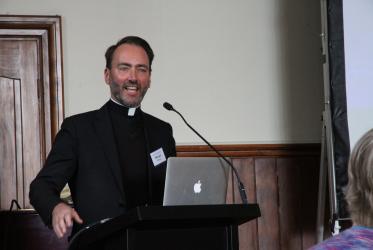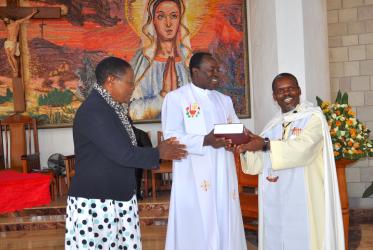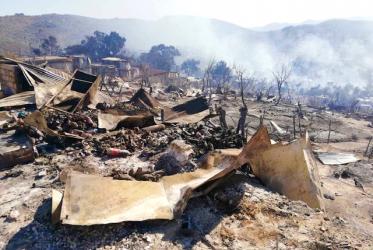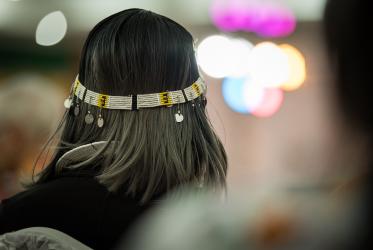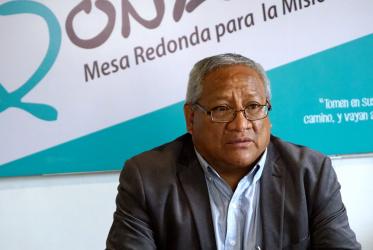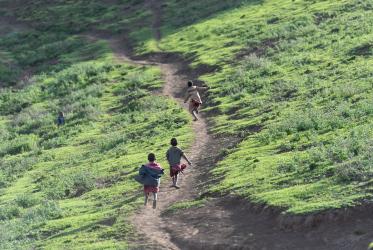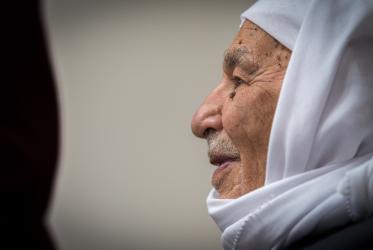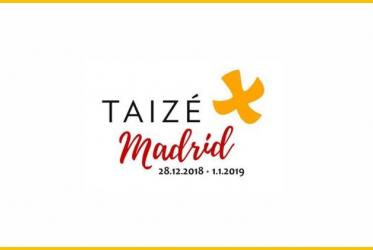Displaying 1 - 20 of 57
Migrants in Argentina find listening ears and open hearts
04 November 2022
WCC Eco-School 2021 for Pacific region on Water, Food and Climate Justice
22 - 28 February 2021
WCC honors world’s indigenous communities
07 August 2020
On the journey to HIV – bridging gaps, debunking myths
21 February 2019
WCC sends greetings as Taize youth reflect on hospitality
27 December 2018
Fr Alexi - a peacemaker in Syria
21 December 2018
How can you help refugees?
11 October 2018
